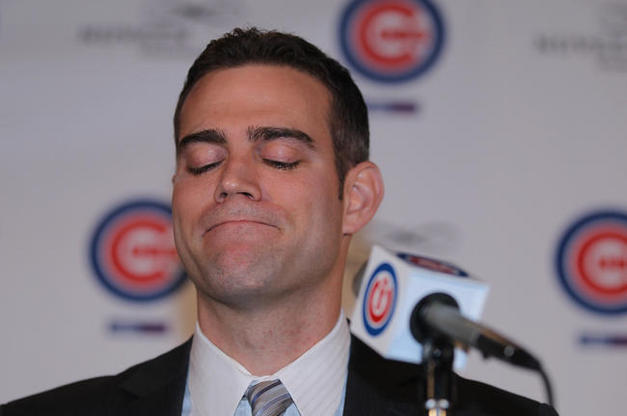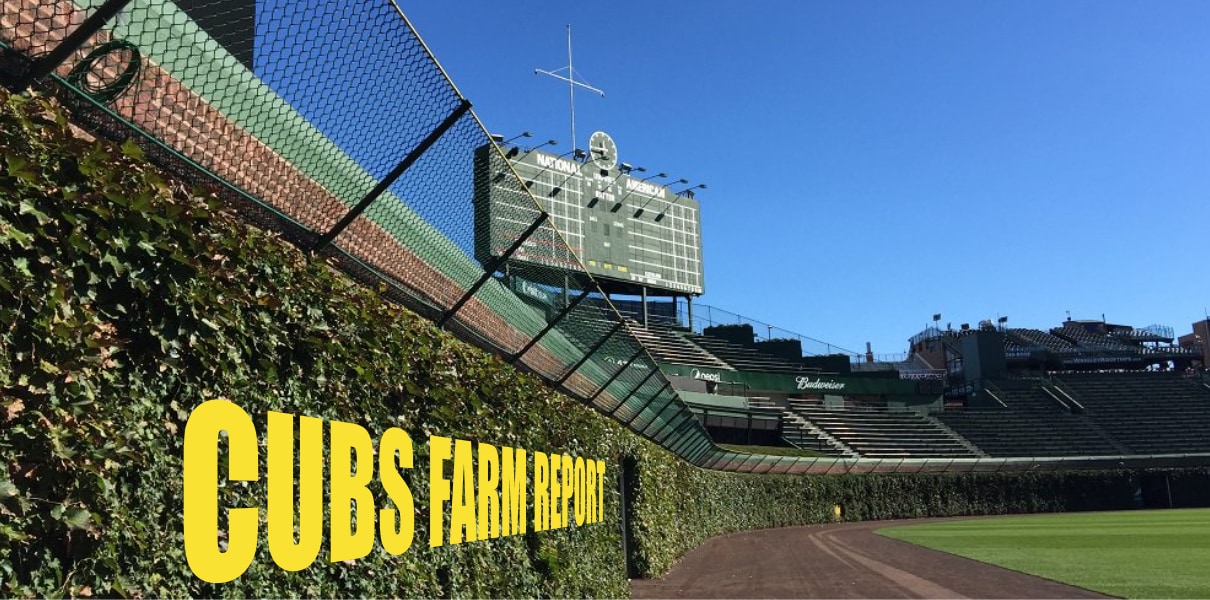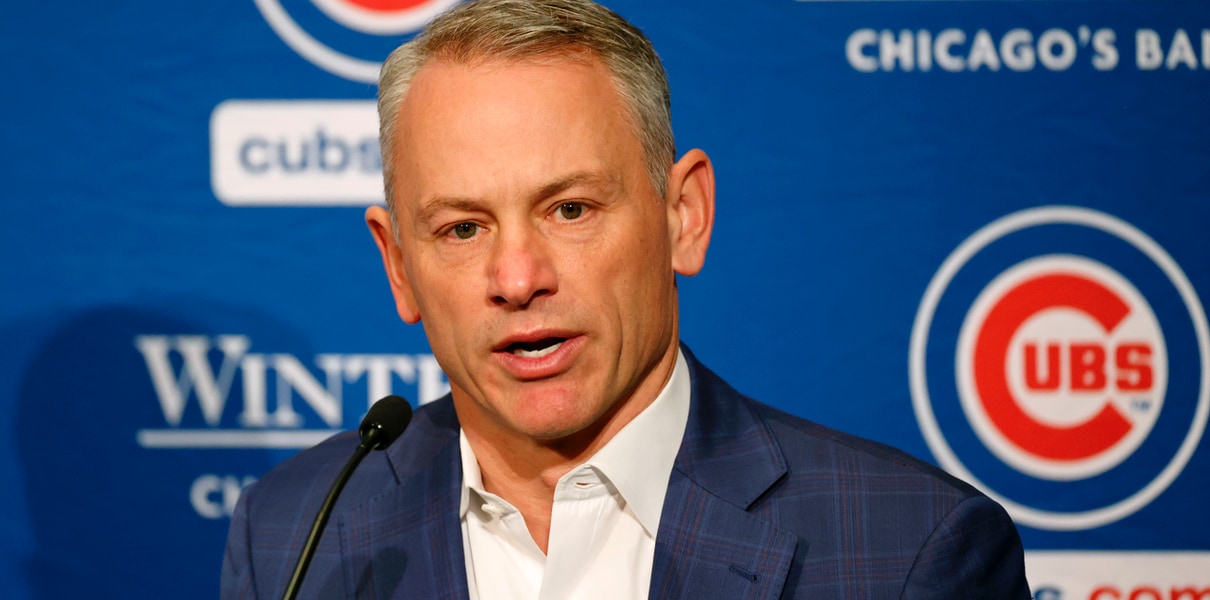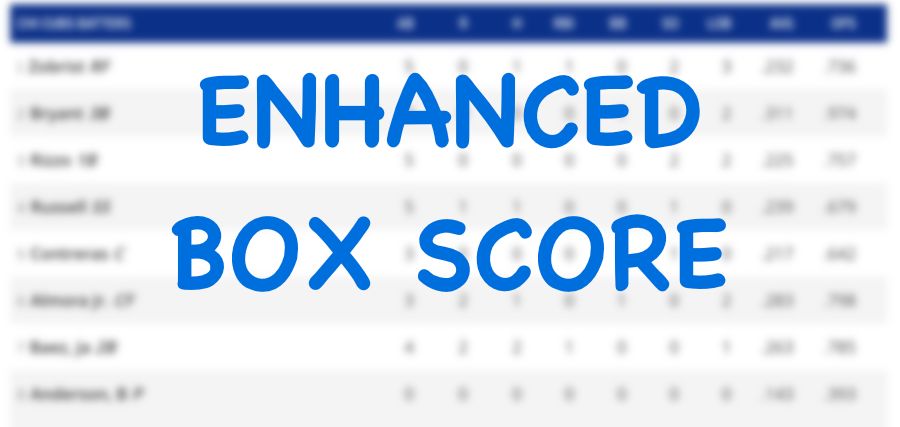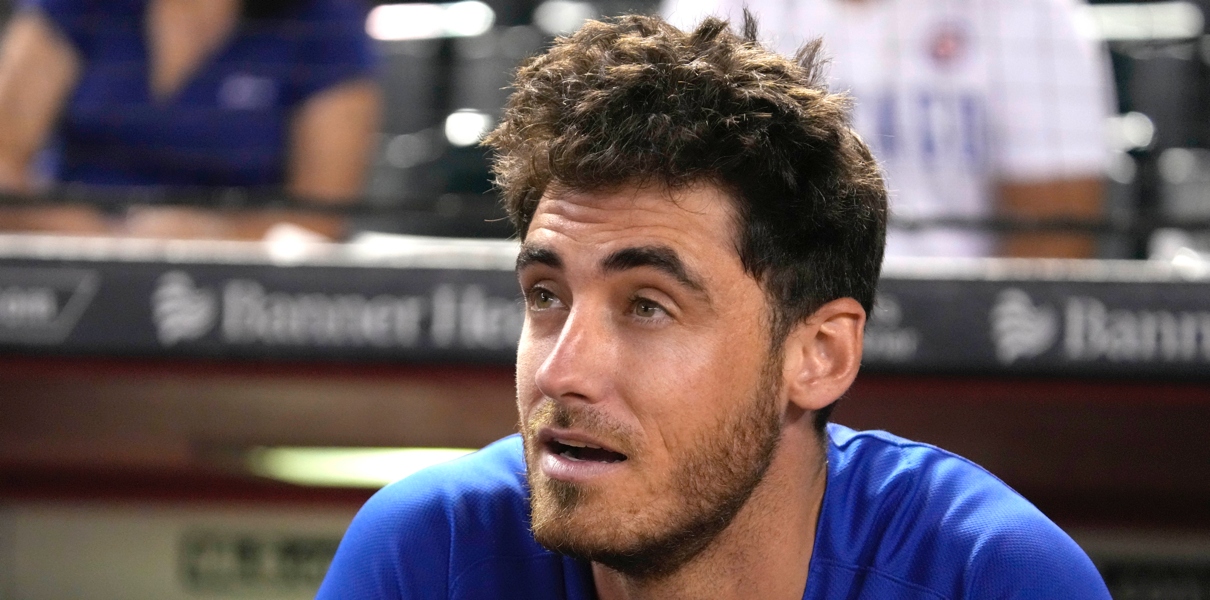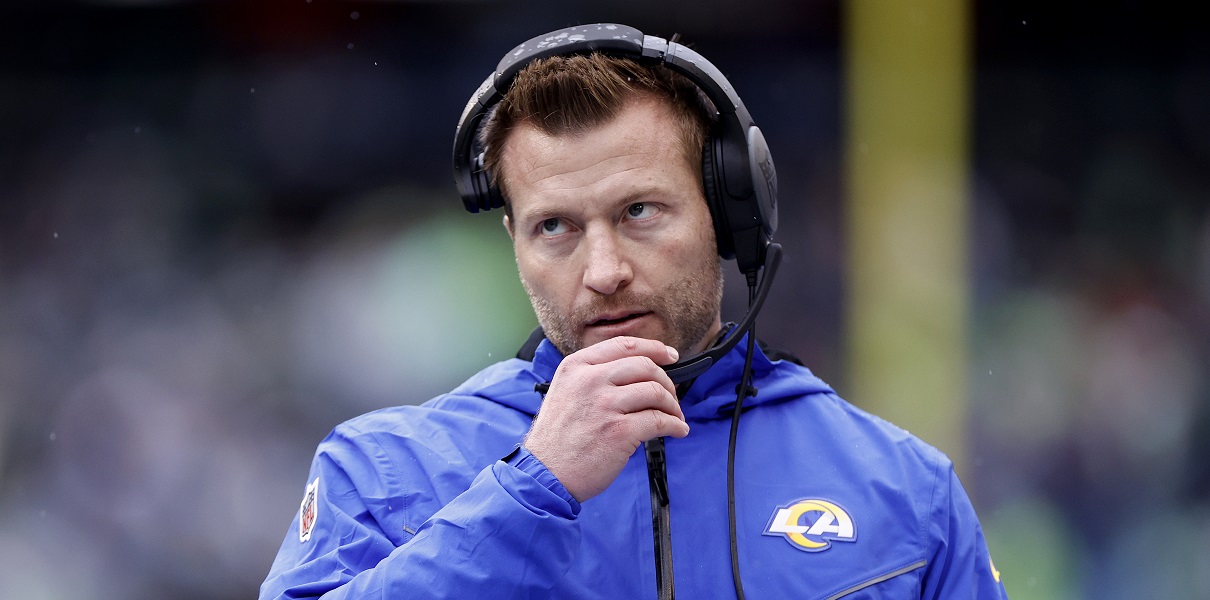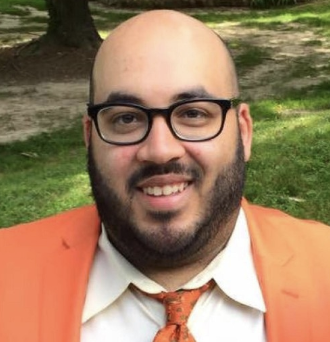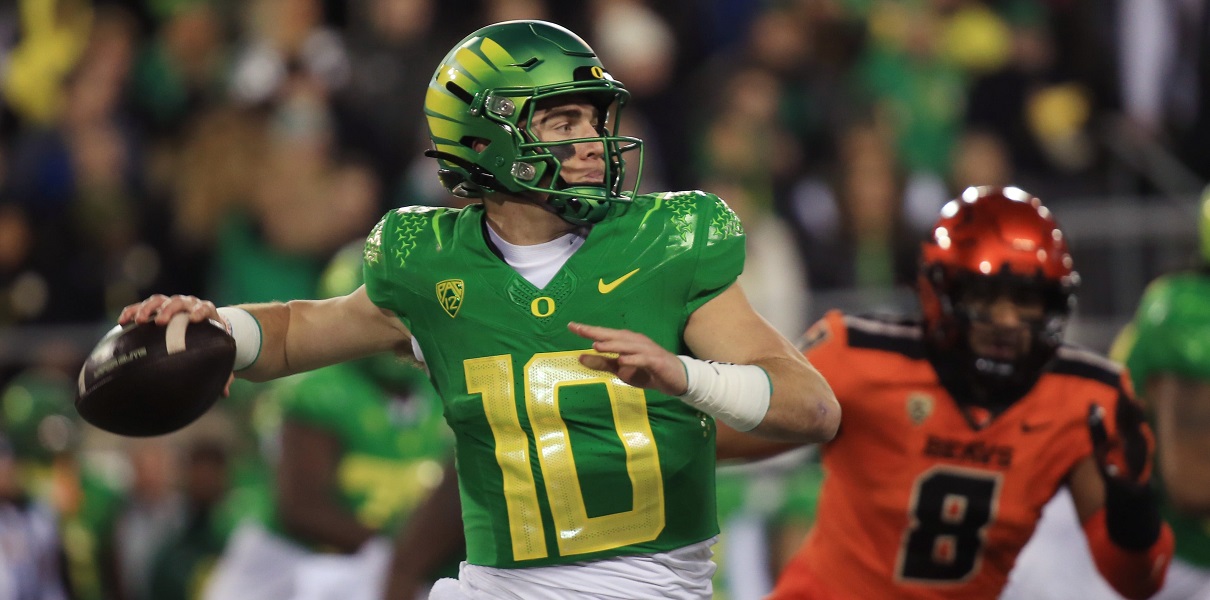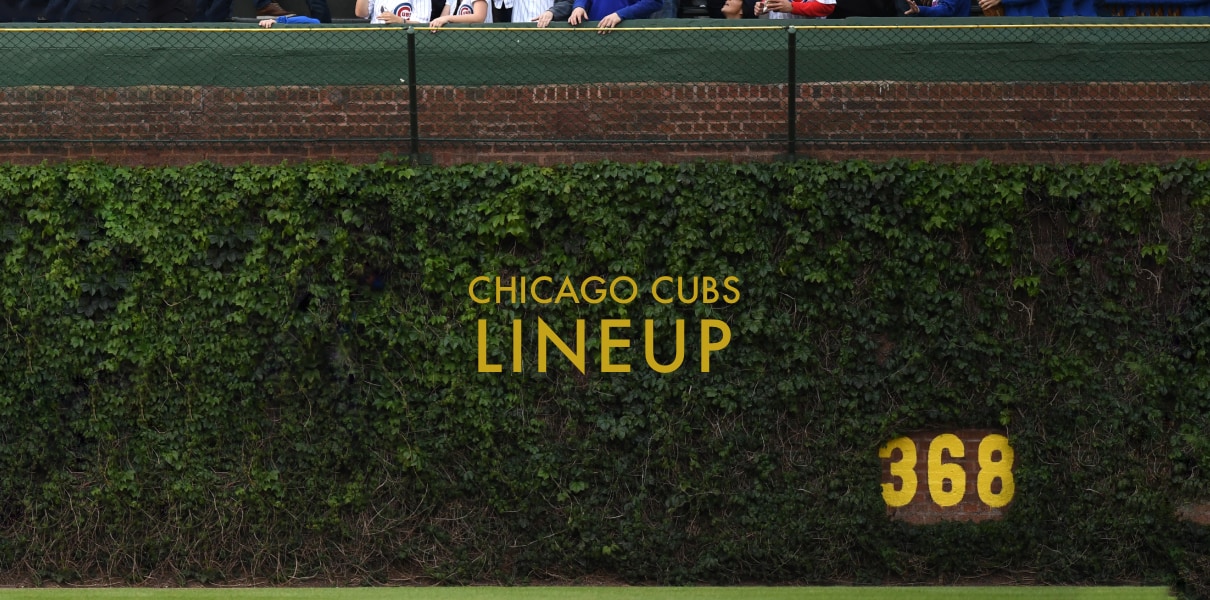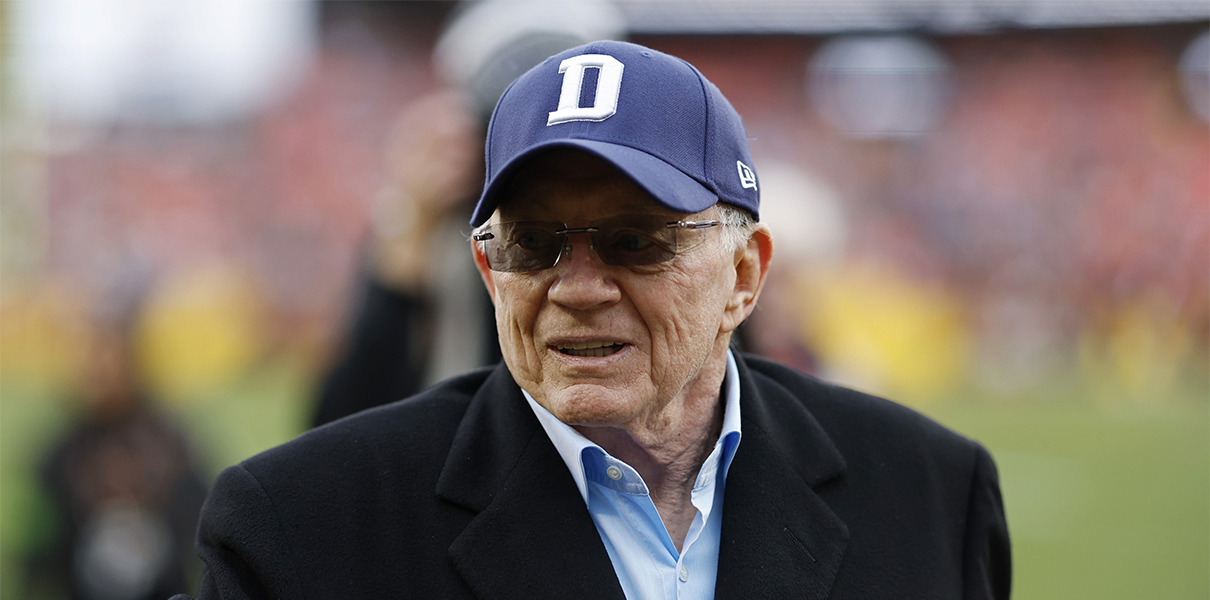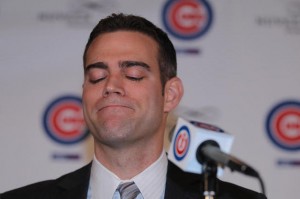
I know it’s been a monthly subject of debate around here, but Epstein once again underscores why the front office has taken the long, slow, rebuild tack that they have, using last offseason as the model.
“We are not tearing it down; we’re building it up,” Epstein told Kaplan. “You know we’re taking the farm system from where it was to hopefully one of the best in the game. We’re taking a team that was bereft of young core talent at the big league level and we’re gonna build up a young nucleus. Do I wish we could do that overnight? Absolutely, but it’s not a conscious choice to sit here and slow-play it so we can build it extra-organically. What we’re doing is building a winning organization because the choice is to – like in 2011 – ramp the payroll up to $145 million. [In 2011], they went after an older free-agent, traded prospects for a really good pitcher, and it got them 71 wins ….
“Take a look at that first offseason [before the 2012 season], and first base is a microcosm for organizational issues as a whole. So people looked at ‘oh the Cubs, big market’ and maybe they assumed we had more money to spend than we actually had. Everyone was jumping all over themselves to sign Albert Pujols or Prince Fielder, you know, two good players … but two good players who, at some point during that contract, are going to be past their primes. So instead, we took one of the few pitching prospects that we had [Andrew Cashner], traded him and turned him into Anthony Rizzo, who is going to be in his prime when we’re winning this division and contending on an annual basis.”
Yeah, this interview is going to be must-watch-TV. Check out Kap’s piece for more from Theo in the meantime, including his suspicion that, if the team isn’t any good this year and there’s a selloff in July, fans are going to be all over him in August and September.
Epstein’s “parallel tracks” comment, together with the “every season is sacred” mantra, has frequently been used as a criticism of the front office’s rebuild approach. While deep attention is being paid to the minor league/prospect track, it’s hard to argue that there has been a specific emphasis on ensuring a winning product is on the field at the big league level in 2012 and 2013. I think, here, Epstein is conceding that there would have been ways to keep the big league team respectable in 2012 and 2013 – assuming there was enough money, which now sounds dubious – but at the expense of the long-term vision.
That’s always been the debate, of course – does signing the Pujols/Fielder types to $200 million deals harm the long-term? – but I think Epstein sums it up pretty well here. I suspect he goes into even greater detail in the full interview.
For me, I remain on board, and I always expected pain in 2013. I think, with development in the system and the ability to financially commit next year, there are going to be some opportunities for the Cubs to become competitive in 2014 without doing harm to the long-term plan. Whether that comes in the form of free agents (it’s a weak class) or trades for players in their prime remains to be seen, but I think this front office is smart enough to explore all options. I think they’re also smart enough to know that there is a balance between rebuilding and fan patience. You don’t want to sacrifice the quality, long-term vision for short-term respectableness, but you do have to recognize that there is a financial component to a team that is miserably bad for too many consecutive years. And that financial component impacts the organization’s ability to put a competitive product on the field when they are ready to do so.



